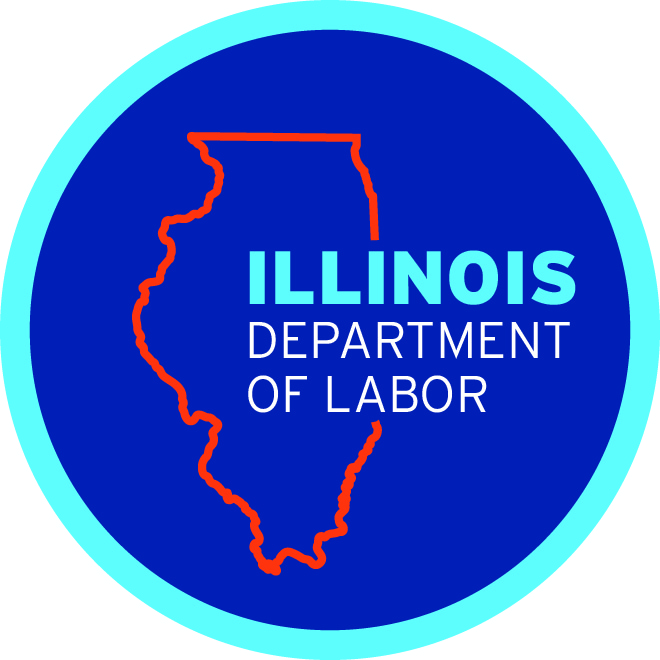Prevailing Wage Employee FAQ
The Frequently Asked Questions (FAQs) provided below highlight topics and specific questions that are often asked of the Illinois Department of Labor (IDOL). The information provided in the FAQs is intended to enhance public access and understanding of IDOL laws, regulations and compliance information.
The FAQs should not be considered a substitute for the appropriate official documents (i.e. statute and/or administrative rules.) Individuals are urged to consult legal counsel of their choice. Court decisions may affect the interpretation and constitutionality of statutes. The Department cannot offer individuals legal advice or offer advisory opinions. If you need a legal opinion, we suggest you consult your own legal counsel. These FAQs are not to be considered complete and do not relieve employers from complying with applicable IDOL laws and regulations.
- 1. Do I have to be in a union to be entitled to the prevailing wage?
- 2. When is the payment of prevailing wage required?
- 3. As an employee, what do I do if I was not paid the prevailing wage?
- 4. Is there a fee associated with the filing of a complaint?
- 5. How long will it take for my complaint to get resolved?
- 6. Can I file an anonymous complaint?
No, all laborers, workers and mechanics engaged in the construction of public works must be paid prevailing wage. For more information, see 820 ILCS 130/3.
Prevailing wage is required to be paid whenever a "public works" project is undertaken. For more information, see 820 ILCS 130/3
You may contact the Department of Labor and request a complaint form or download a copy that must be filled out completely, providing your employer's address and phone number; the public body's contact person, address, and phone number; and details of the type of work being performed and specific location of the project.
No.
There is no specific time frame mandated to resolve a complaint. Each complaint is different, but we make every effort to obtain necessary documentation as promptly as possible to determine if any back wages are due.
Yes. Although, if you do file anonymously, you will not be notified of the outcome of the investigation.

